 Political scientist James Q. Wilson recently passed away at the age of 80. Wilson and co-author George L. Kelling argued in a landmark 1982 article in The Atlantic that communities must address minor crimes and their effects, such as broken windows, to prevent larger problems from developing. They argued the crime of vandalism wasn’t as damaging as the message the broken window sent about the community, leading to more serious crimes there.
Political scientist James Q. Wilson recently passed away at the age of 80. Wilson and co-author George L. Kelling argued in a landmark 1982 article in The Atlantic that communities must address minor crimes and their effects, such as broken windows, to prevent larger problems from developing. They argued the crime of vandalism wasn’t as damaging as the message the broken window sent about the community, leading to more serious crimes there.
While Wilson’s work has greatly changed policing in America, his insights have great bearing on how leaders should look at issues within their organizations. Whether the leader is looking at the purported big thing, such as an ethics issue or a strategic imperative, it is the small things that will effect the desired change. Big changes will only be implemented successfully if the community is ready to accept it. In blighted communities Wilson saw the power of fixing windows so citizens could begin to feel enough civic pride that they cared about stopping crime. In every organization there is an equivalent hot button like broken windows that needs to be addressed before leadership will have the receptive audience they seek.
—————————————————————————————–
David Gebler is the President of Skout Group, an advisory firm helping global companies use their values to clear the roadblocks to performance. David’s book, The 3 Power Values is now available. Send your thoughts and feedback to [email protected].

